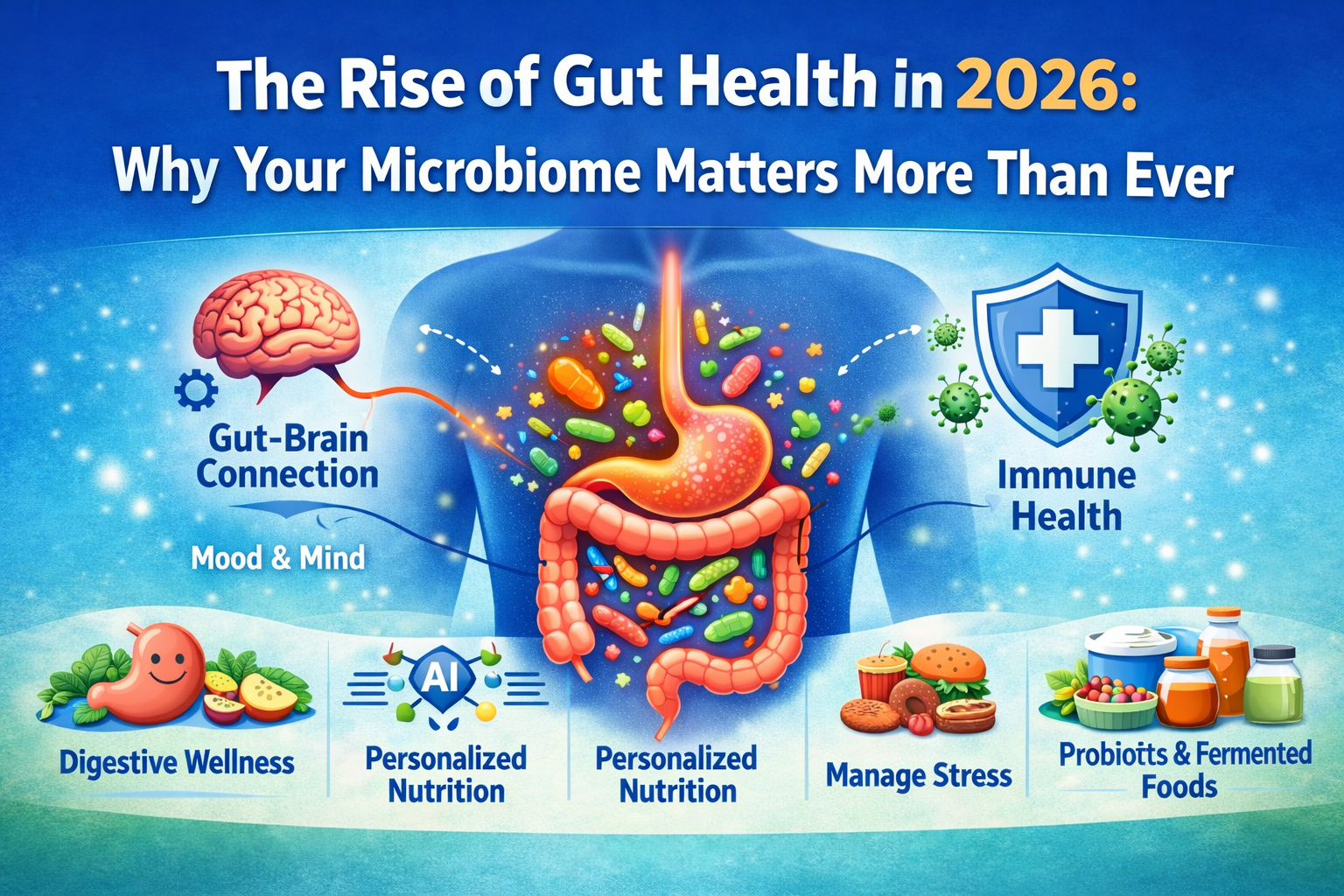The ketogenic diet is popular among a large group of people who wish to lose weight and stay fit. It is a low carb, moderate protein, and a high-fat diet. Increasing fat intake and reducing the amount of carbs you eat forces the body to rely primarily on fat for energy.
However, like every diet, it comes with its risks. Here are seven potential risks of the keto diet that you should know before diving into it.
1. The keto flu
The low carb intake comes as a shock to the body. As your body switches from carbs to fats for energy, you might experience flu-like symptoms. you might experience dizziness, headaches, nausea, fatigue and constipation. Most people feel better in a few weeks, it is important to monitor your symptoms and eat sodium, potassium and electrolyte-rich foods.
2. Stress on your kidneys
High-fat foods are a staple during the keto diet. Eating foods like eggs, meat and cheese may leave you with a higher chance of kidney stones. These foods can make your blood and urine more acidic leading to calcium excretion in your urine. Studies also suggest that keto reduces the amount of citrate, a chemical that binds with calcium. So drink lots of fluid and keep your stats under check.
3. Digestive issues
During the keto diet, it can be difficult to meet your fiber needs. The fiber sources are mostly also rich in carbs. Thus, the diet can lead to constipation and discomfort. Fiber also feeds the good bacteria in your gut which boost immunity and improve mental health. The keto diet also has an effect on the good bacteria in your gut.
4. Nutrient deficiencies
With the number of restrictions on the kinds of food you can eat during the diet, you miss out on essential vitamins and minerals. The diet doesn’t provide enough vitamin D, magnesium, calcium, and phosphorus. Over time, you might develop vitamin deficiencies and you might have to take supplements for them.
5. Dangerously low blood sugar
Low carb diets are advised to diabetic patients to help them control blood sugar levels. People with Type 1 diabetes may be at a higher risk of developing more episodes of low blood sugars. This is accompanied by shakiness, fatigue, and sweating. This could also happen with Type 2 diabetic patients.
6. Compromised bone health
The diet causes loss of bone mineral density which is known to occur as your body gets accustomed to ketosis. This is the cause of impaired bone health. Researches have found higher markers of bone breakdown in the blood of people who followed the keto diet.
7. Increased risk of chronic diseases
Studies suggest that if you follow a ketogenic diet, you are more likely to develop chronic illnesses like heart disease or cancer. Some suggest that high-fat diets based on animal foods lead to poor outcomes whereas plant-based diets are healthier.
Risks of Ketogenic Diet











